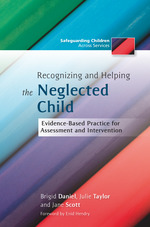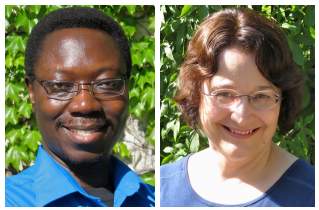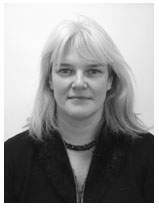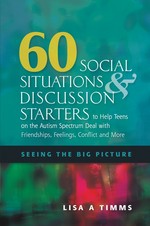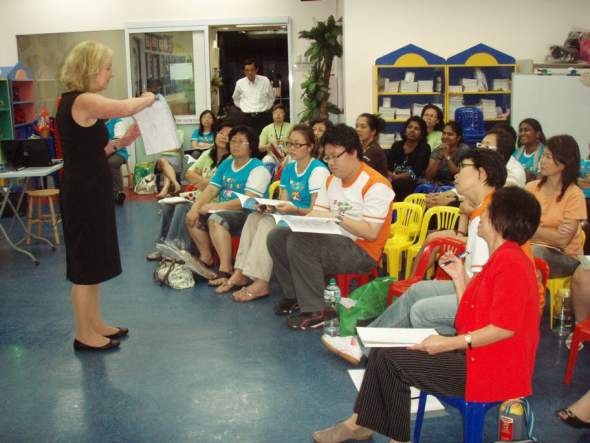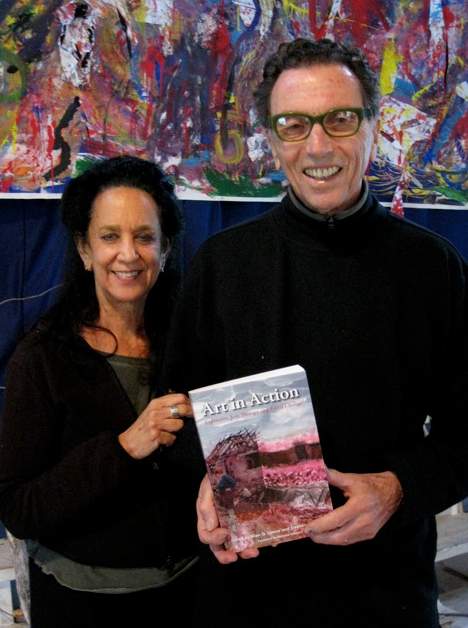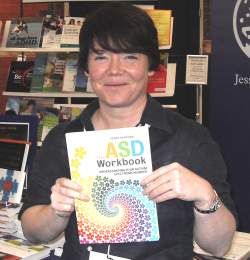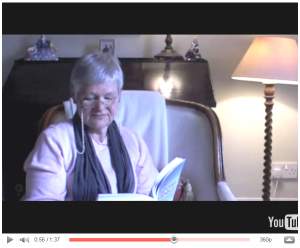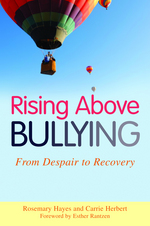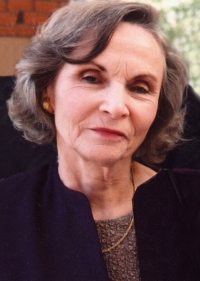Recognizing and Helping the Neglected Child – An Interview with Brigid Daniel, Julie Taylor and Jane Scott
“Social workers tended to focus on responses to referrals and may need help to look beyond that to an overall picture of the child’s development. Other professional groups (such as dentists or nursery nurses or teachers) are well-placed to pick up on signals that a child might be being neglected, but may need more help to recognise this, and to know how to respond. Further, mothers in particular can recognise when they are struggling. Practitioners should not be afraid to ask them how they feel their parenting is going.”
